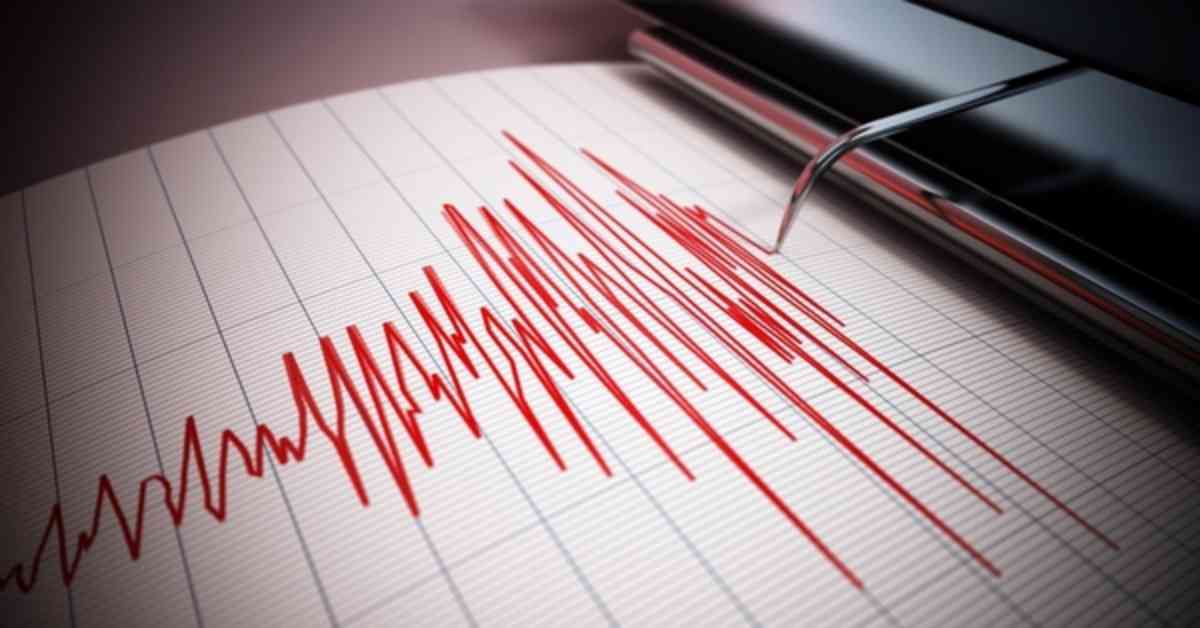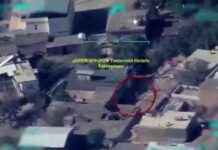On September 14, 2024, a series of earthquakes were recorded in various regions of Turkey, as reported by AFAD and Kandilli. While most of these earthquakes were of small magnitude and may not have been felt by the general population, they were all meticulously measured and documented by the respective authorities. Let’s take a closer look at the latest earthquake updates from AFAD and Kandilli for September 14, 2024.
Earthquakes in Tokat
In the town of Sulusaray in Tokat, a 2.2 magnitude earthquake struck at 01:12 local time. The earthquake occurred at a depth of 6 kilometers below the surface. While this earthquake may have been considered minor in magnitude, it serves as a reminder of the seismic activity that is prevalent in Turkey due to its location along the earthquake-prone zone.
Earthquakes in Adana
Another earthquake was recorded in Adana, specifically in Aladağ, with a magnitude of 2.1. This earthquake, which occurred at 05:36 local time, was located at a depth of 7 kilometers below the surface. Although the magnitude of this earthquake may not have caused significant damage, it underscores the importance of being prepared for potential seismic events in the region.
The frequency of earthquakes in Turkey highlights the country’s vulnerability to seismic activity. Being situated along the Mediterranean and Eurasian tectonic plates, Turkey experiences regular earthquakes of varying magnitudes. While many of these earthquakes are minor and go unnoticed by the general population, the risk of a major earthquake always looms.
Seismic Monitoring and Reporting
AFAD and Kandilli play crucial roles in monitoring and reporting seismic activity in Turkey. Through their continuous monitoring efforts, they are able to provide real-time data on earthquake occurrences, magnitudes, and locations. This data is essential for understanding the seismic risk profile of different regions in Turkey and for implementing effective disaster preparedness measures.
The collaboration between AFAD and Kandilli ensures that accurate and up-to-date information on earthquakes is readily available to the public and relevant authorities. By promptly reporting seismic events, these organizations contribute to the overall safety and resilience of communities in earthquake-prone areas.
Community Preparedness and Resilience
Earthquake preparedness is crucial for communities living in seismic zones like Turkey. Building resilience against potential disasters involves a combination of public awareness, structural reinforcement, and emergency response planning. By educating the public on earthquake safety measures and conducting regular drills, communities can better prepare for seismic events and minimize the impact of disasters.
It is also important for authorities to enforce building codes that ensure structures are designed to withstand earthquakes. Retrofitting existing buildings to meet seismic safety standards can significantly reduce the risk of structural damage and casualties during an earthquake. Investing in resilient infrastructure and early warning systems can further enhance a community’s ability to respond effectively to seismic events.
In conclusion, the recent earthquakes in Tokat and Adana serve as a reminder of Turkey’s seismic vulnerability and the importance of earthquake preparedness. By staying informed, implementing preventive measures, and fostering community resilience, Turkey can mitigate the impact of future seismic events and protect the lives and property of its residents. AFAD and Kandilli’s ongoing efforts in monitoring and reporting seismic activity are instrumental in enhancing Turkey’s disaster preparedness and response capabilities.











